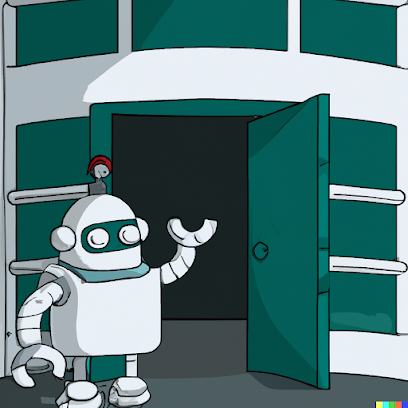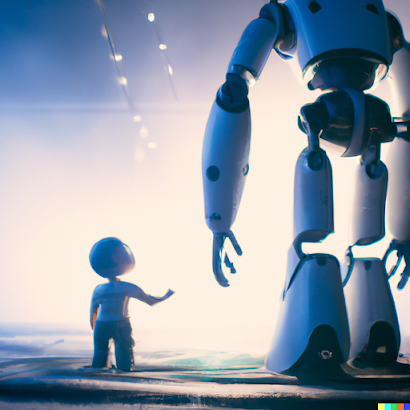Currently, companies concerned about information security are not allowing their employees to use AI-products such as ChatGPT. This makes perfect sense, as the data entered into ChatGPT will be used by OpenAI for training models and stored on their servers. At least that how it was until recently.
https://lnkd.in/dufUWU8v
📈 This opens up the possibility of using ChatGPT with your company data, such as improving the language of a document or make a summary of it. Massively great.
📌 If you're not "enterprise-level concerned" about confidentiality but still want some level of privacy, opting out from sharing your data with OpenAI might be sufficient to get start using ChatGPT in your profession, check the fine print before going all-in. If this is not enough, the solution is just around the corner...
🚀 The real revolution will come when the AI-model has access to all your internal data (documents, e-mails, chat conversations, etc.). Then, your own "ChatGPT" will provide answers based on your company data, allowing you to ask it, for example, to summarize the top 10 lessons learned from all projects in your company. This is getting closer—a lot closer.
A few weeks ago, Microsoft demonstrated how to leverage ChatGPT's "brain" to interact with your enterprise data while respecting information protection controls. You can test it now.
https://lnkd.in/dzDcAaBk
🎓 As said many times, AI will revolutionize knowledge work, and it will happen very soon. My bet is that 2024 will be the year of re-skilling and up-skilling.
💭 What do you think? Have you started using ChatGPT professionally yet? What's holding you back? Has AI already improved your productivity or provided other benefits? How do you think about re-skilling your entire force of knowledge-workers?













